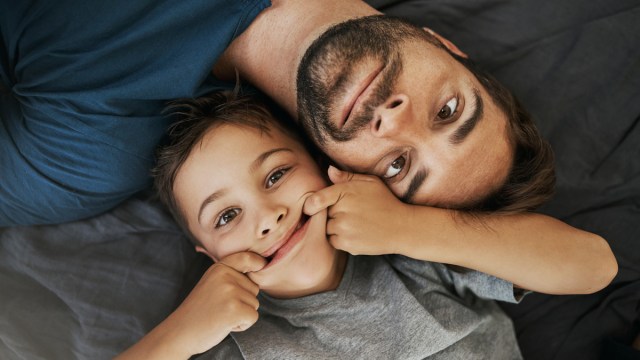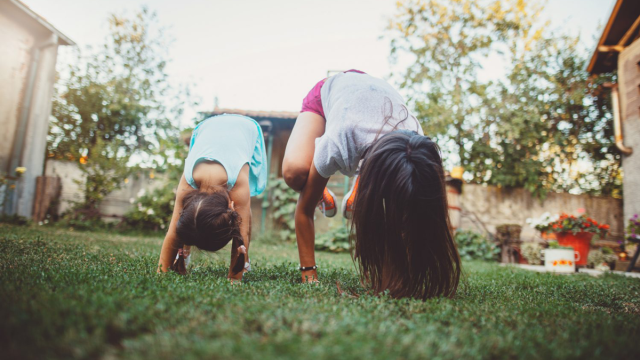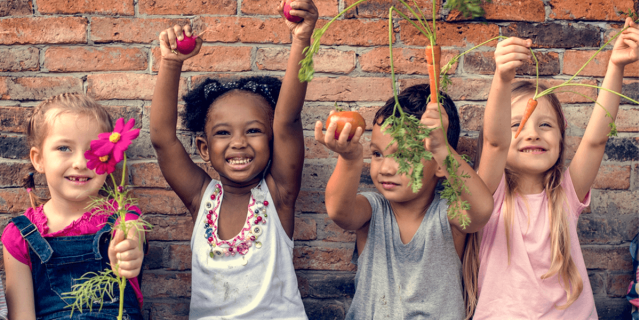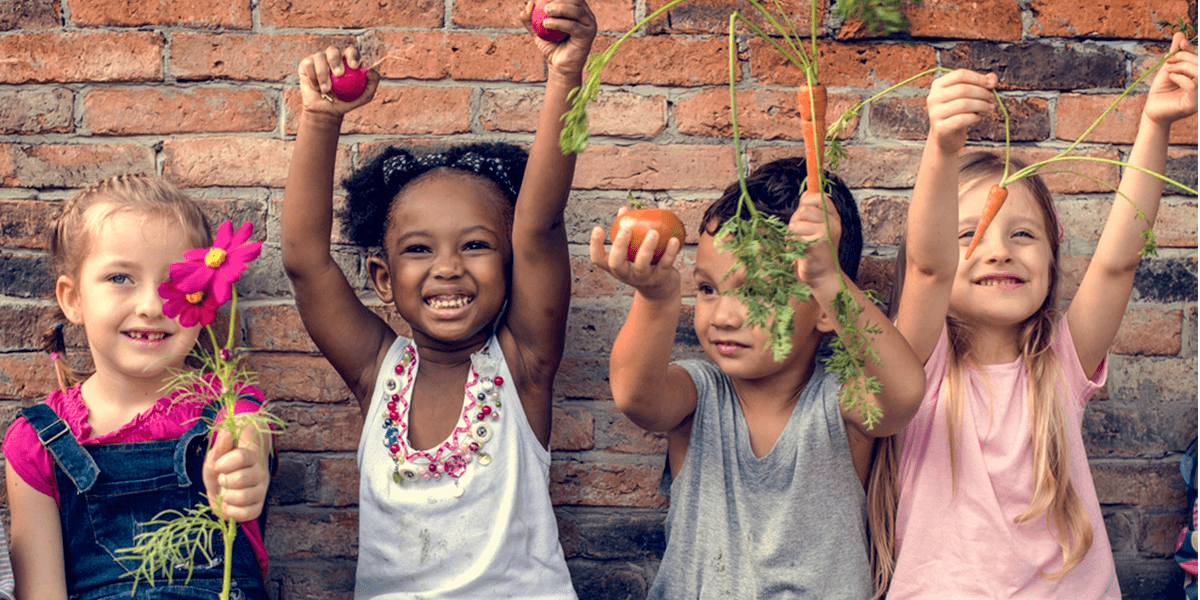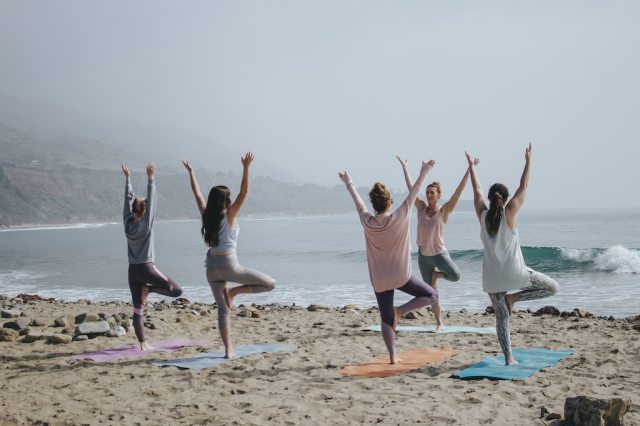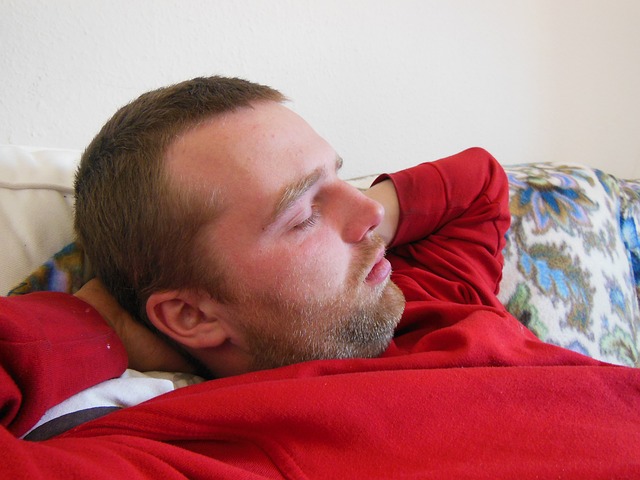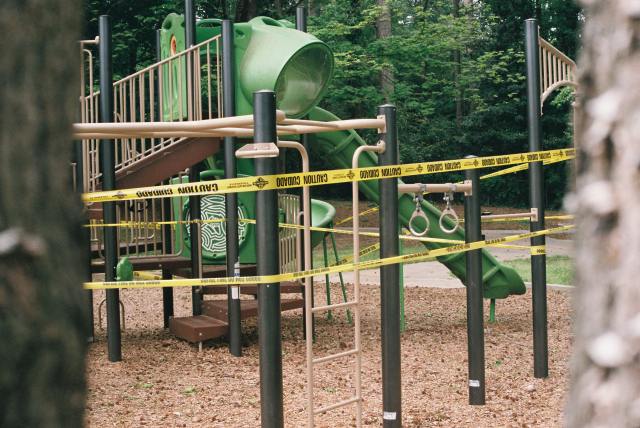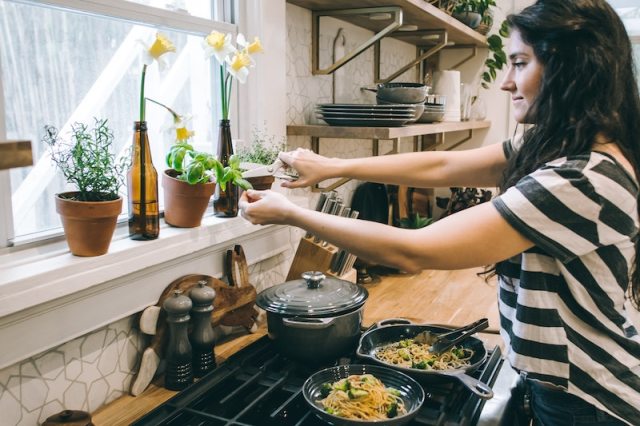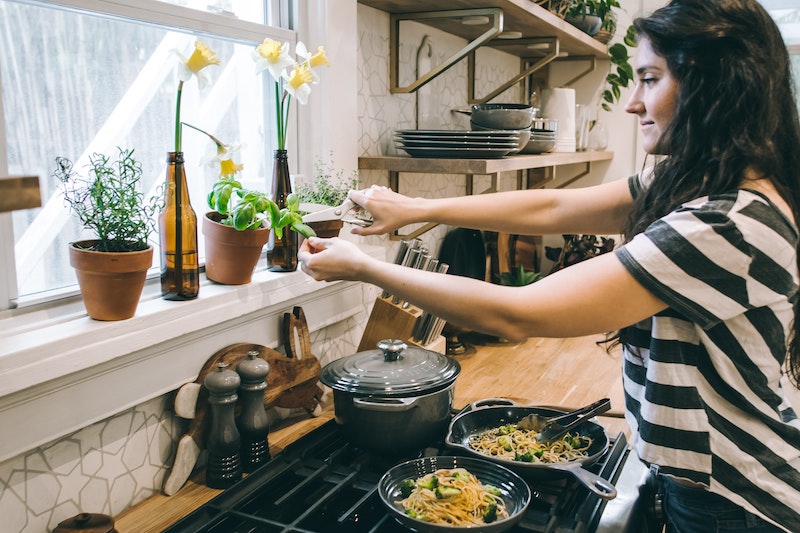Yes, dad jokes for kids are a little silly, but also a lot of fun
When does a joke become a dad joke? When the punch line becomes apparent. (Har har!). You’ve cringed, laughed, and even been known to repeat them on occasion. The good news is that kids get a real kick out of them. Once you’re done with these cheesy dad jokes, try out the best jokes for kids, jokes that are good for school kids, and riddles that’ll keep the kids puzzled.
Typical Dad Jokes for Kids
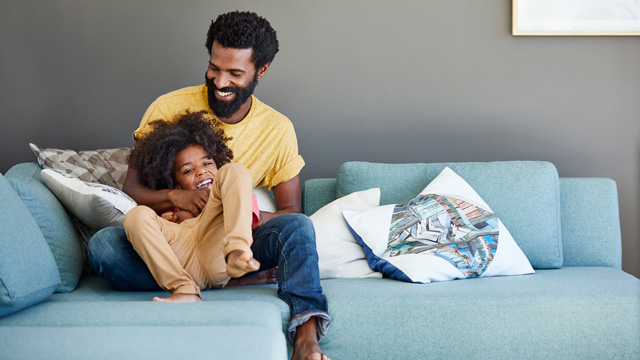
-I used to hate the hokey pokey, but I really turned myself around.
-Is the refrigerator running? Better go catch it!
(yeah, that one hurt us, too...)
-Why did the bicycle keep falling over?
It was two tired.
-What do you call a man who tells dad jokes but isn’t a dad?
A faux pa.
-Dad: I told my kids to embrace their mistakes, then they hugged me.
-I entered a pun contest. I submitted 10 of my best puns to see if any would be a win.
However, no pun in ten did...
-Hey kids, I got you Fortnite. But it will only last two weeks.
-What’s the secret to a good elevator pitch?
It has to work on many levels.
-Want to hear a long joke?
Jooooooooooooooke.
-What does a house always wear to a party?
Address.
-Charlie Chaplin and Marcel Marceau just threw microphones into the sea. Guess it’s true that great mimes sink a mic.
-Have you heard how popular the local cemetery is?
People are just dying to get in.
-Kid: I’ll call you later!
Dad: Just call me Dad!
-When does a joke become a Dad joke?
When the punch line becomes apparent.
-This pencil has two erasers. It’s totally pointless.
Food-Related Dad Jokes for Kids
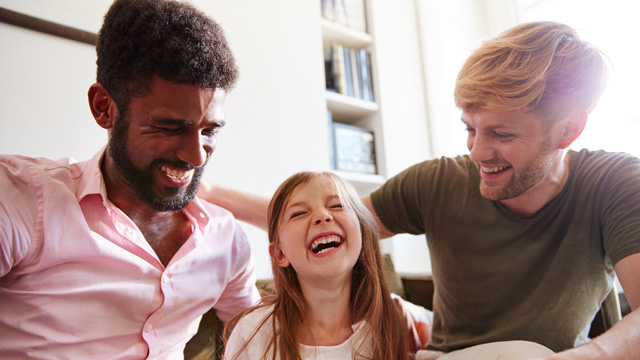
-What kind of drink is bittersweet?
Reali-tea
-What do the royals put on their pancakes?
Sir Up.
-My kid just asked me "Can I have this, apple?"
Guess he doesn’t know my name is Dad.
-Dad: Did you hear the butter rumor? Well, I'm not going to spread it.
-Why Did the vegetable call the plumber?
It had a leek.
-What do you get when you coddle a cow?
Spoiled milk.
-Dad: Another word of caution. Never tell secrets near a cornfield. They’re all ears.
-How many apples are growing on that tree?
All of them.
-Why did the man buy so much yogurt?
To get cultured.
-Time to take this cookie to the hospital! It’s feeling crummy.
-Evaporated milk is confusing. There's so much liquid in it.
-Dad to kid: Where are French fries from?
Kid: France?
Dad to kid: Greece!
-Dad to kids at dinner: I would tell you my pizza joke but it’s just too cheesy.
-What do you call a band of berries playing music?
A jam session.
-How do you fix a broken tomato?
With tomato paste.
Science Dad Jokes for Kids
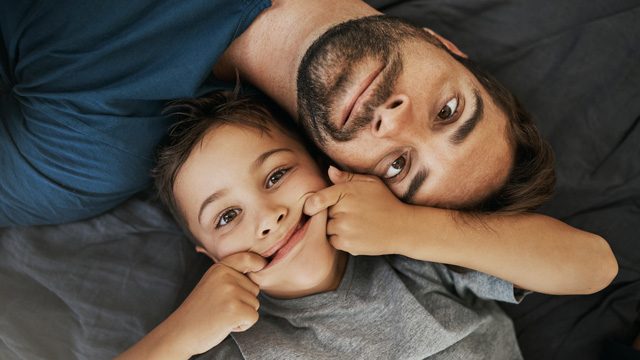
-“Kara, on average, how far can a dog run into the woods?”
"Gee, Grand Dad, I don’t know.”
“Half way. After that, the dog is running out of the woods.”
—Grand Dad jokes 49-52 submitted by our hilarious reader Dave
-Did you ever notice ants don't get sick?
They're full of anti-bodies.
-I can't find the U-Cut tree farm. I'm completely stumped.
-Doctor, doctor, I'm terrified of squirrels!
[Doctor] You must be nuts.
—Jerry C., faithful reader
-Dad: This book about how Newton discovered gravity is so good! I just can’t put it down.
-What do you call a fish with four eyes?
Fiiiish!
-Why doesn’t a photon need a suitcase?
Because it’s traveling light.
-Dad to kid (in a serious voice): A word of advice, kid. Never trust atoms. They make up everything.
-How does a musician win a fight?
They call for Bach up.
-Kid: Why are you talking to yourself, Dad??
Dad: I needed an expert's advice.
-Dad: I am giving away all my batteries...free of charge!
-How do you know carrots are good for your eyesight?
Have you ever seen a bunny wearing glasses?
Did you hear the one about the claustrophobic astronaut?
He just needed a little space.
Body-Related Dad Jokes

-How do you make a Kleenex dance?
Put a little boogie in it!
-“You have a hole in your sock, Jack.”
“No, I don’t.”
“Sure you do. That’s how you got your foot in it.”
-"Wow! Chase, you sure got tall. I hope you don’t grow another foot.”
“Why not Grand Dad?”
“Because if you do, Mommy will need to buy you a third sneaker.”
-"Grand Dad, you look pretty sharp. Where did you get your haircut?”
“On my head, Shane.”
-Dad tells kids: Here’s a cautionary tale. Don’t sing in the shower!
-Kid: Dad, did you get a haircut?
Dad: No, I got them all cut.
-Dad: I never thought I’d be the type to have a beard. But then it just grew on me.
Kids: What?? Why not?
Dad: If you get soap in your mouth, it will turn into a soap opera.
Kids: GROAN!!!!!
-Kid: Dad, it hurts when I move my arm like this.
Dad: Then don’t move your arm like that.
-Why do skeletons stay so calm?
Because nothing gets under their skin.
-What do you call someone with no nose and no body?
Nobody knows.
-Did you hear about the dad who chugged 8 sodas?
He burped 7-Up.
-Kid to Dad: Why are there balloons in the bathroom?
Dad: I wanted to throw you a birthday potty.
-What do you call a 12-inch nose?
A foot.
-Dad, can you put my shoes on?
"Nope. They are too small for my feet."
